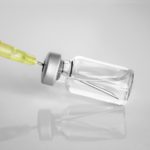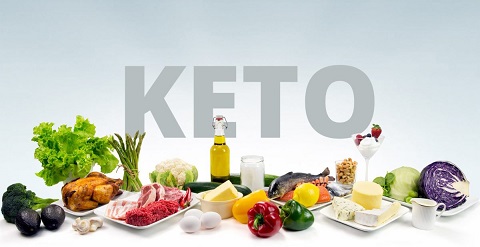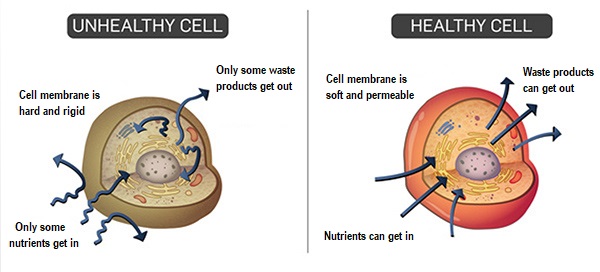 According to the latest CARES trial, the Gout drug Febuxostat (Uloric) failed up against Allopurinol when it came down to a combined rate of fatal and nonfatal adverse events for those that suffer with both Gout and Cardiovascular disease. In fact, there was a significant increased risk of death for those that took this drug for Gout while also suffering from heart disease.
According to the latest CARES trial, the Gout drug Febuxostat (Uloric) failed up against Allopurinol when it came down to a combined rate of fatal and nonfatal adverse events for those that suffer with both Gout and Cardiovascular disease. In fact, there was a significant increased risk of death for those that took this drug for Gout while also suffering from heart disease.
The trial was mandated by the FDA and consisted of 6,190 patients, 84% of which were men. Cardiovascular risk is naturally increased in patients with Gout. The study was attempting to look at any difference in outcome for these patients taking Febuxostat, a nonpurine xanthine oxidase inhibitor, or those taking Allopurinol, a purine base analogue xanthine oxidase inhibitor. The patients were followed for a median of 32 months, and a maximum of 85 months. Without diving into all of the ratio statistics, the all-cause and cardiovascular mortality rate was higher in the Febuxostat group, 34% and 22% higher respectively. Continue reading “New evidence of increased risk of death with Febuxostat (Uloric)”





 According to the latest CARES trial, the Gout drug Febuxostat (Uloric) failed up against Allopurinol when it came down to a combined rate of fatal and nonfatal adverse events for those that suffer with both Gout and Cardiovascular disease. In fact, there was a significant increased risk of death for those that took this drug for Gout while also suffering from heart disease.
According to the latest CARES trial, the Gout drug Febuxostat (Uloric) failed up against Allopurinol when it came down to a combined rate of fatal and nonfatal adverse events for those that suffer with both Gout and Cardiovascular disease. In fact, there was a significant increased risk of death for those that took this drug for Gout while also suffering from heart disease.